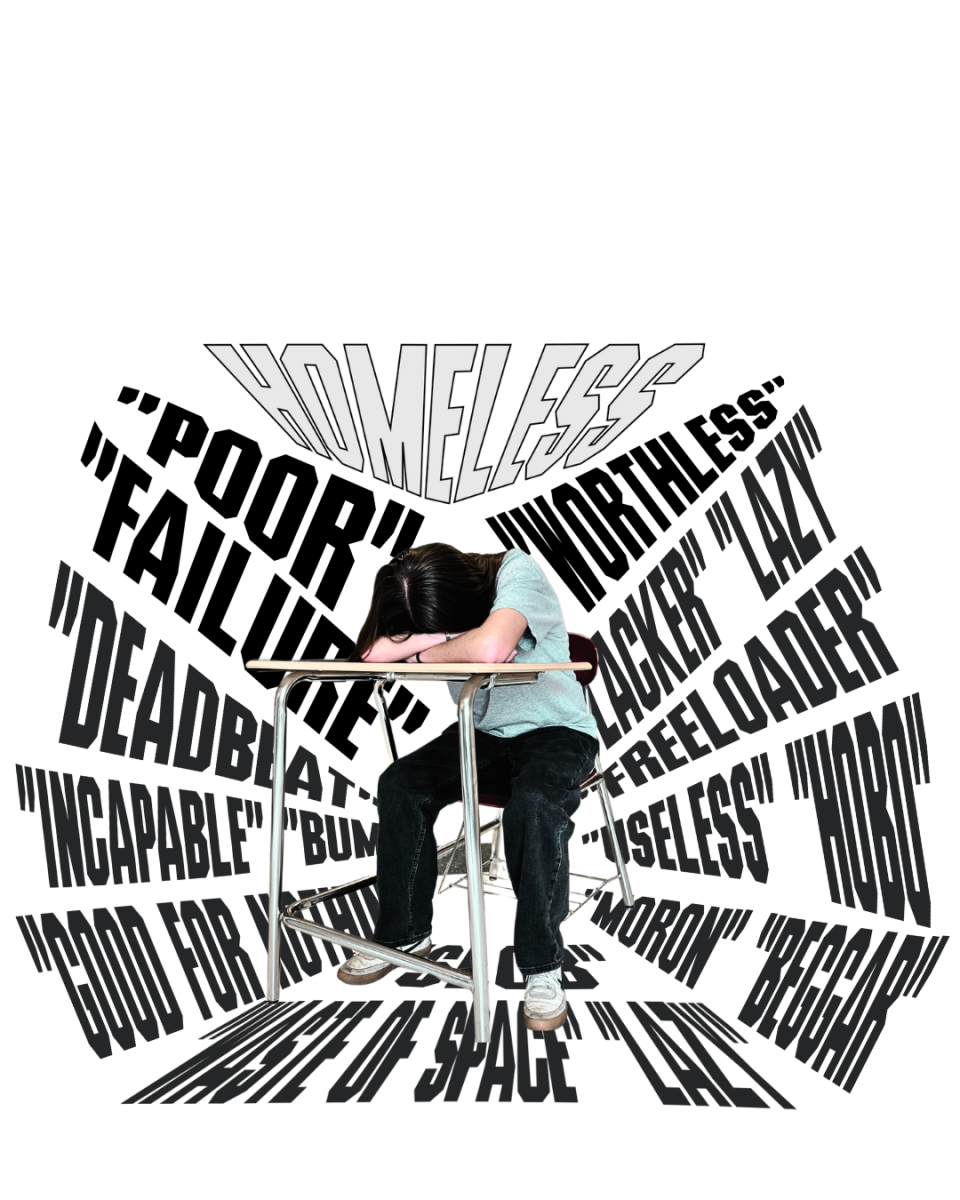“Euphoria” transforms the queer experience
February 27, 2022
This previously ran in our February 2022 print issue.
Euphoria is a complex, nuanced representation of the modern LGBTQ experience, albeit a parent’s worst nightmare. A show centered around troubled teenagers who engage in drugs, drinks, crime, and sex, HBO’s drama has earned its popularity for its unbridled representation of the teenage experience, all tied together with an addicting soundtrack, fluorescent camera angles, and trend-setting makeup.
It also gained traction for its characters–specifically, characters who developed into their arcs questioning, embracing, and repressing their sexuality or gender. Euphoria doesn’t engage in stereotypes; instead, it transcends and actualizes the queer experience by making sexuality and gender a part of a character’s identity, without making it their only personality trait.
Making a comeback with a long-awaited season two, fan-favorite characters are tangled in a new web of trauma and bad choices as they continue to encounter and confront their integrity. As Euphoria progresses, it goes to demonstrate how distressing experiences in a queer person’s past can play into their trajectory as they move through life.
Jules Vaughn, an extremely complex trans-female character, has come a long way. In season one, the audience gets a look into Jules’s early life pre-transition, and how her traumatic upbringing plays a heavy role in her self-destructive and impulsive behavior in season two. Actress Hunter Schafer brought Jules to life through her own personal experiences as a trans-woman and even had a hand in writing a portion of Jules’s lines that dealt with the expression and ideologies of her gender.
“If I’ve learned anything from being trans for my whole life, it’s that that spiral kind of never stops,” Schafer said in an HBO behind-the-scenes segment. “I think I was around her age when I started to understand that transitioning wasn’t this point A to point B sequence. Because I do feel so deeply connected to her [Jules], she becomes a bit of a vehicle for me to express my personal stuff, and turn episodes into a processing moment.”
Also shown within one of the show’s antagonists, Nate Jacobs, his early-age encounter with his problematic father’s collection of explicit videos manifests into the repression of his own sexuality in his late teen years. This leads to many conflicts and tribulations in his free will and ambitions as the show advances.
Even within episode three of season two, “Ruminations: Big and Little Bullies,” fans finally got insight into the long-awaited background story of Cal Jacobs, Nate’s father, and one of the most hated characters within the show. What everybody least expected was to begin feeling bad for Euphoria’s main villain.
Fans get a look into the heart-wrenching series of events that unfolded between Cal in his late teens and his male best friend, Derek. When the boys’ underlying romantic feelings for each other are finally displayed in a gay bar, it was all immediately drowned out by the homophobia that was rampant in the ’80s, and a call from Cal’s girlfriend telling him she was pregnant. Young Cal is shown sobbing as the screen fades to black.
Apart from the real-life depictions of sexuality, Euphoria also brings to life the show’s non-binary main character, Rue Bennett, played by Zendaya.
“She feels non-binary to me too, in a lot of ways, which is something that’s being explored on the show,” said Sam Levison, creator of Euphoria.
With the lack of mainstream non-binary representation, Rue is an influential depiction of gender that some people may relate to or find a sense of comfort in. With her ambiguous and non-traditional fashion style, she goes to show that presenting as non-binary doesn’t always have to be verbally stated for her gender to be valid.
A powerful theme that resonates throughout the show, even within the non-LGBTQ characters, is the lack of importance on labels. While Euphoria portrays customary romantic and platonic relationships, it also hosts many friends with benefits and queer-platonic relationships without readjusting the entire demographic of the plot. While modern-day youth, especially Gen Z, tend to drift away from relationship labels as a whole, Euphoria illustrates that dynamic and normalizes its role in the characters’ lives.
“Sexuality is on a spectrum,” said character Madeleine Perez in season one episode eight. In a single sentence, Euphoria demonstrates an educated understanding of how sexuality and gender are not confined to the limitations of society’s expectations and instead should be viewed as a part of a spectrum that is blended together, undefined, and ever-changing.











